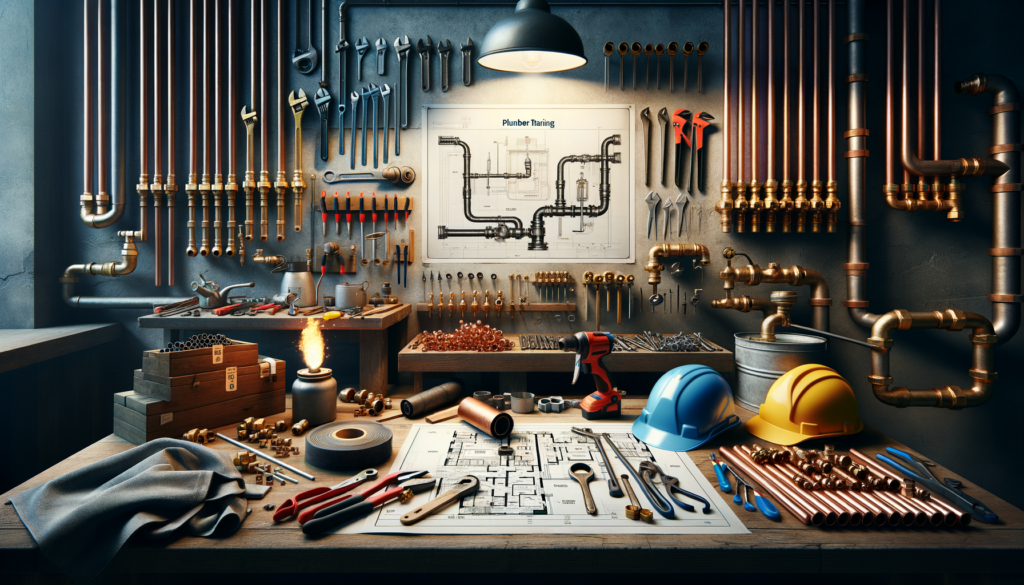The Finance Blog

Start Your Plumber Career with Training in the USA
Understanding the Basics of Plumbing Training
Plumbing training is a gateway to a rewarding career in a field that is critical to modern infrastructure. The training typically begins with classroom instruction, where students are introduced to the fundamental concepts of plumbing systems. This includes understanding water supply systems, drainage systems, and the various components that make up these systems, such as pipes, fittings, and valves. Students also learn about the tools used in plumbing, such as wrenches, pipe cutters, and soldering equipment.
In addition to theoretical knowledge, practical skills are a core component of plumbing training. Hands-on workshops allow trainees to apply what they have learned in a controlled environment, working on mock-ups of plumbing systems. This practical experience is crucial, as it helps students develop the dexterity and problem-solving skills needed in real-world scenarios.
Furthermore, plumbing training covers essential safety protocols. Trainees are taught how to handle potentially hazardous situations safely, such as working with gas lines or managing water pressure. Understanding building codes and regulations is also a key part of the curriculum, ensuring that future plumbers can work legally and effectively.
The Pathway to Becoming a Certified Plumber
To become a certified plumber, one must typically complete a combination of education and on-the-job training. After initial training, aspiring plumbers often enter an apprenticeship program. These programs are crucial as they provide real-world experience under the guidance of experienced professionals. Apprenticeships can last several years, during which time apprentices earn a wage while learning the trade.
Certification requirements vary by state, but generally involve passing an exam that tests both theoretical knowledge and practical skills. This certification is a testament to the plumber’s ability to perform their duties to a high standard. It also increases employability, as many employers prefer or require certification.
Beyond certification, plumbers can pursue further specialization in areas such as pipefitting, steam fitting, or sprinkler installation. These specializations can lead to higher-paying positions and open doors to supervisory roles or independent contracting opportunities.
The Benefits and Opportunities in Plumbing Careers
A career in plumbing offers numerous benefits and opportunities. For one, it provides job security; plumbing is an essential service, and skilled plumbers are always in demand. The U.S. Bureau of Labor Statistics projects steady job growth in the plumbing field, reflecting the ongoing need for skilled tradespeople.
Plumbing careers also offer competitive salaries. Entry-level positions provide a respectable income, and as plumbers gain experience and certifications, their earning potential increases. Experienced plumbers can earn a substantial income, especially if they specialize or start their own businesses.
Moreover, plumbing is a career that offers variety and independence. Plumbers work in diverse environments, from residential homes to commercial buildings and industrial sites. They often have the flexibility to set their own schedules and choose the types of projects they want to work on. For those who enjoy problem-solving and working with their hands, plumbing can be a fulfilling and engaging profession.









